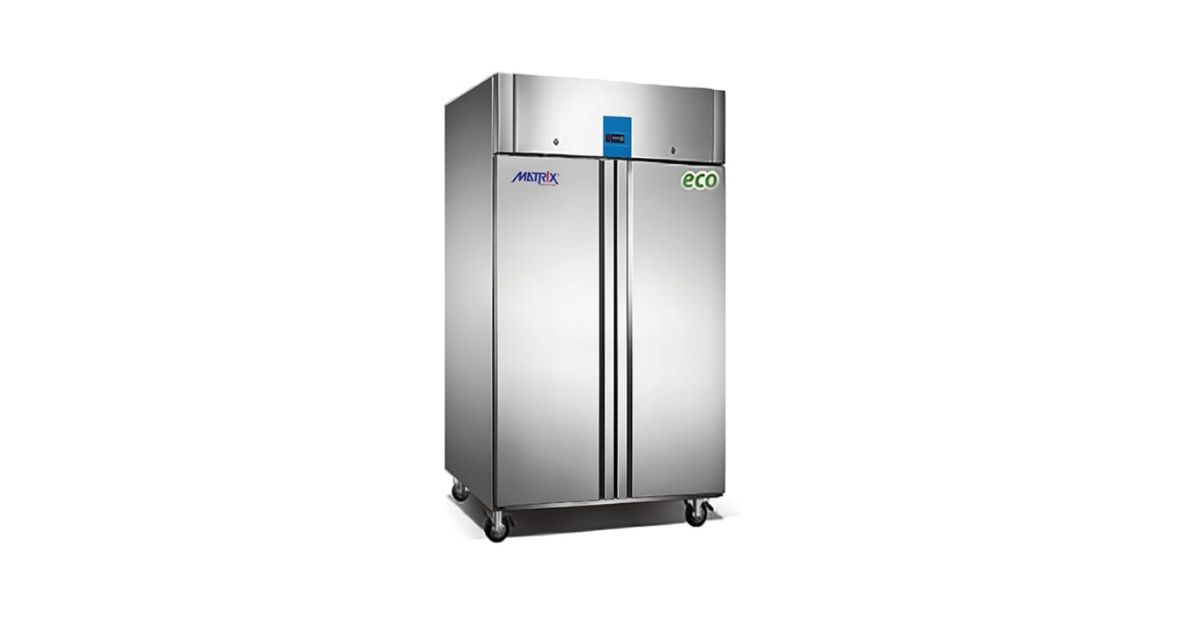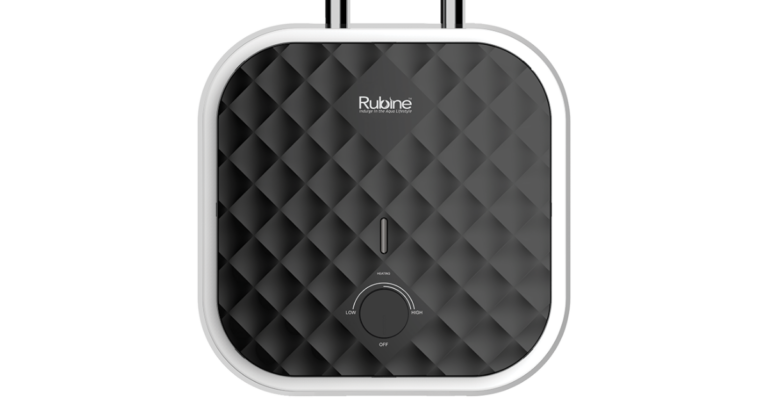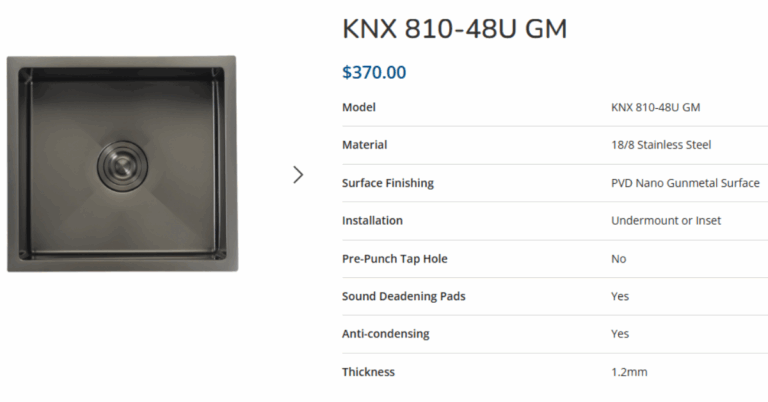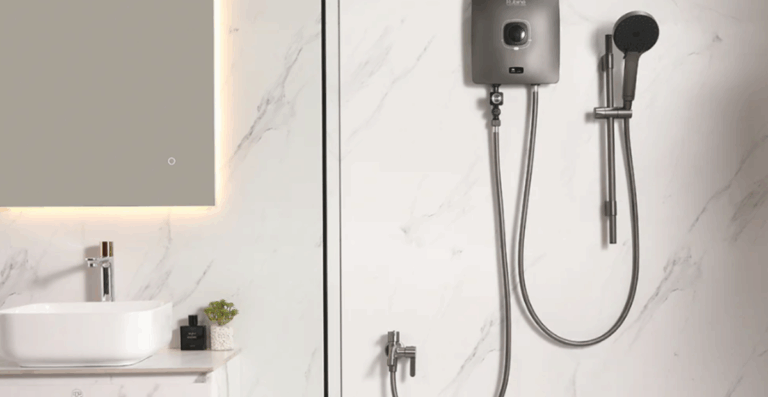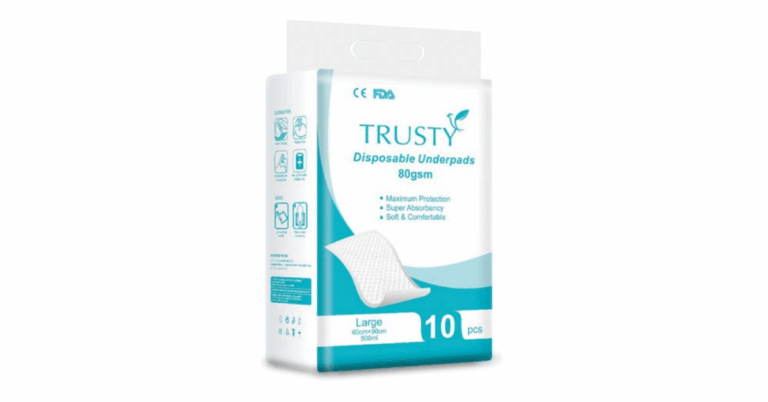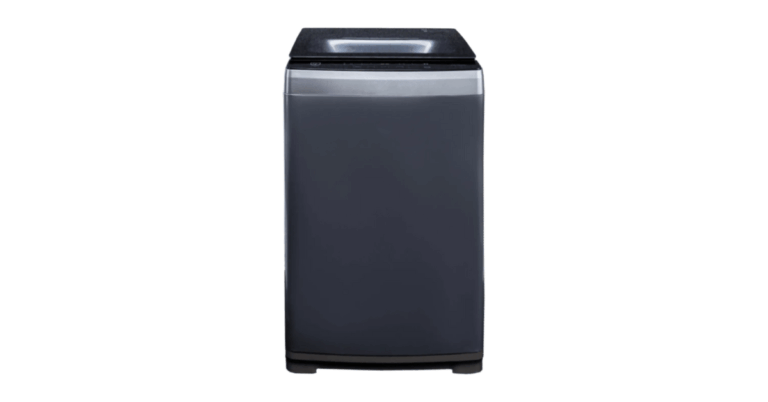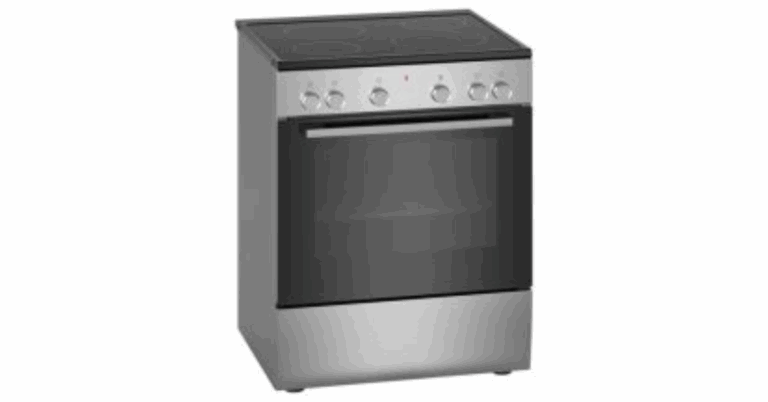Cruise Ship SS Chiller 1220 L: A Game-Changer in Marine Refrigeration
In the demanding environment of a cruise ship, where space is premium, reliability is critical, and standards are uncompromising, the Cruise Ship SS Chiller 1220 L stands out as a purpose-built refrigeration solution engineered for marine life. This stainless steel chiller, with a capacity of 1,220 liters and marine-grade features, meets the rigorous demands of cruise lines, offering durability, efficiency, and safety in the unique climate of ocean travel.
The Role of Refrigeration in Cruise Ship Operations
Cruise ships are floating cities, serving thousands of passengers and crew with food, beverages, medical services, and more. Ensuring a steady supply of chilled storage is not just a convenience—it’s a logistic necessity. Refrigeration systems on board handle everything from perishable provisions and fresh produce to pharmaceuticals and specialty delicacies. These systems must function continuously under vibration, corrosion, humidity, and rolling seas.
In this context, a chiller like the SS Chiller 1220 L plays a pivotal role in the ship’s galley, food storage rooms, medical facilities, or any compartment requiring reliable low-temperature storage. Its stainless steel construction provides resilience against salt spray and moisture, and double-door layouts promote better access and thermal efficiency.
Key Specifications and Features of the Cruise Ship SS Chiller 1220 L
A high-performance marine chiller must combine capacity, materials, usability, and power considerations. Below are the defining features that make the SS Chiller 1220 L suitable for cruise ship applications:
1. Capacity & Storage Design
With a 1,220 liter capacity, this chiller offers a generous storage envelope, enabling large volumes of food, beverage, or temperature-sensitive goods to be stored. Its double-door configuration allows access to separate compartments, improving workflow and organization. Whether it’s cold cuts in one section and dairy in another, the flexibility is beneficial in tight operational settings.
2. Construction & Corrosion Resistance
Marine environments are harsh: salt-laden air, humidity, and motion all conspire to degrade ordinary materials. This chiller’s stainless steel construction ensures enhanced durability, resisting rust and surface degradation. The structural integrity of stainless steel is vital to long-term performance at sea.
3. Cooling System & Temperature Control
While full technical details may vary by manufacturer or customization, marine chillers typically use robust compressors and refrigerants selected for reliability and energy efficiency. Precise digital thermostatic controls help maintain stable temperatures, which is essential for preserving food quality and meeting safety regulations.
4. Power Configuration & Compatibility
Marine vessels often have nonstandard voltage and power constraints. This chiller is engineered for 110 V, a common shipboard configuration, meaning it can integrate into existing electrical systems without extensive retrofitting. It also should incorporate surge protection and isolation to handle fluctuations common in vessel power systems.
5. Insulation & Thermal Efficiency
Proper insulation minimizes heat gain from the exterior and reduces cooling load. High-density insulation panels, insulated doors with effective gaskets, and minimal thermal bridging all contribute to energy efficiency—saving fuel and reducing wear on compressors.
6. Vibration & Shock Mitigation
Shipboard equipment must withstand continuous vibration and occasional shocks (from waves or docking). Mounting systems with damping, reinforced frameworks, and shock-tolerant components ensure that the chiller can continue operating reliably in rough seas.
7. Access & Maintenance
Ease of maintenance is critical on a ship where downtime is costly. The design should allow access to evaporator coils, condensers, and compressors without complete disassembly. Removable panels, slide-out racks, and modular components reduce the time needed for repairs or servicing.
Benefits & Advantages in the Cruise Context
Introducing a well-engineered SS Chiller 1220 L aboard a cruise ship brings multiple advantages that resonate economically, operationally, and from a guest-satisfaction perspective.
Enhanced Food Safety & Quality
Maintaining optimal chilled conditions prevents spoilage, bacterial growth, and degradation of food texture and flavor. For cruise operators aiming to deliver premium dining experiences, consistent refrigeration is nonnegotiable. The stable environment provided by this chiller helps preserve freshness from galley to plate.
Operational Efficiency & Workflow
Double-door access and internal compartmentalization streamline the flow of staff when retrieving or storing goods. Workers can open only one section at a time without disturbing the rest, reducing cold air loss and enabling quick access—key in tight schedules and peak service times.
Longevity & Lower Lifecycle Costs
Stainless steel construction and robust refrigeration components mean fewer repairs and replacements in the often remote environment of the open sea. While upfront cost might be higher than non-marine-grade units, the total cost of ownership over years is often lower due to durability and reduced downtime.
Energy Savings & Fuel Efficiency
Efficient insulation and cooling design reduce the electrical load on ship systems. Every kilowatt saved aboard translates to less demand on the ship’s generators and ultimately contributes to reduced fuel consumption or freed-up power for passenger amenities.
Adaptation to Challenging Environments
Salt spray, humidity, temperature swings, and constant movement are obstacles for many terrestrial refrigeration units. But a marine-grade chiller built with these challenges in mind can endure extended deployment without performance degradation.
Regulatory & Safety Compliance
Cruise ships must meet strict maritime and food safety regulations. A high-standard SS Chiller 1220 L built to marine specifications aids in compliance with International Maritime Organization (IMO) guidelines, HACCP (hazard analysis and critical control points), and other safety standards.
Applications & Strategic Placement aboard Ship
Where and how the SS Chiller 1220 L is deployed affects performance and utility. Some strategic applications include:
Main Galley or Catering Storage
This is perhaps the most obvious location: supplying the heart of food preparation. Having a robust chiller close to cooking areas reduces handling time and improves food safety protocols.
Satellite Kitchens & Departments
Large ships have multiple dining venues (buffet, specialty restaurants, room service). Deploying additional chillers near satellite kitchens ensures freshness in decentralized zones.
Medical & Laboratory Storage
Cruise ships often house medical clinics on board. Sensitive medications, biological samples, vaccines, and sterile supplies require dependable chilled storage. The stainless steel nature also supports hygiene protocols.
Crew Mess & Beverage Services
Crew quarters and beverage bars benefit from dedicated chillers, separate from passenger food systems, ensuring logistics and access remain smooth.
Backup / Emergency Reserves
On long voyages or during peak demand, having additional chilled capacity enables redundancy, allowing continuous service even during mechanical servicing or heavy loading.
Challenges, Considerations & Best Practices
While the SS Chiller 1220 L is well-suited for marine environments, its deployment must consider certain constraints and optimization strategies.
Weight & Structural Support
Full of chilled products, the unit can be heavy. Ship architects must ensure decks or bulkheads can bear the load, and vibration isolation ensures the structural integrity of mounting points.
Ventilation & Heat Rejection
Condensers will reject heat, necessitating proper airflow or sea-water cooling systems (depending on the design). Poor ventilation leads to reduced efficiency and component stress.
Power Load Balancing
Even though 110 V is often shipboard-compatible, the chiller’s current draw during start-up (rush current) can strain power systems. Adequate circuit protection and staged startup regimens may be necessary.
Corrosion Protection Beyond the Shell
While exterior stainless steel provides protection, internal copper tubing, fasteners, and coils also require careful selection of alloys and coatings to avoid galvanic corrosion in a salt-heavy environment.
Regular Maintenance & Predictive Monitoring
Scheduled checks on refrigerant levels, compressor vibration, door seals, and control sensors help prevent catastrophic failures. Predictive sensors and alarms add safety margins.
Redundancy & Spare Parts
Given the remote nature of sea voyages, stocking critical spare parts (valves, gaskets, compressor modules) ensures swift repair. Redundant systems or parallel compressors may also be considered for critical sectors.
Future Trends & Innovations in Marine Chillers
The world of marine refrigeration is evolving. Several trends may enhance the capabilities of units like the SS Chiller 1220 L in coming years:
-
Eco-friendly Refrigerants: Transition toward low-GWP (global warming potential) refrigerants and natural refrigerants (like CO₂ or ammonia in safe configurations) to comply with environmental regulations.
-
Smart Monitoring & IoT Integration: Real-time telemetrics on temperature, vibration, and energy usage will help flag issues early and optimize performance.
-
Variable Speed Compressors: More efficient modulation of cooling capacity to match variable load, improving energy efficiency.
-
Hybrid Cooling Options: Using seawater or waste-heat recovery to assist chilling loads, reducing the burden on conventional compressors.
-
Lightweight Composite Components: Though stainless steel is robust, emerging composite or coated alloys may reduce weight while preserving corrosion resistance.
Conclusion
In the complex, demanding environment of a cruise ship, refrigeration systems must be dependable, efficient, and robust. The Cruise Ship SS Chiller 1220 L brings together high capacity, corrosion-resistant stainless steel construction, intelligent design features, and marine-grade resilience to serve as a reliable backbone for onboard cold storage needs.
From galley support and medical storage to beverage services and redundant backups, this chiller addresses multiple critical use cases. While challenges around power, maintenance, heat rejection, and structural support must be managed, a well-integrated SS Chiller 1220 L offers long-term operational benefits, cost savings, and peace of mind in the rigorous maritime world.

